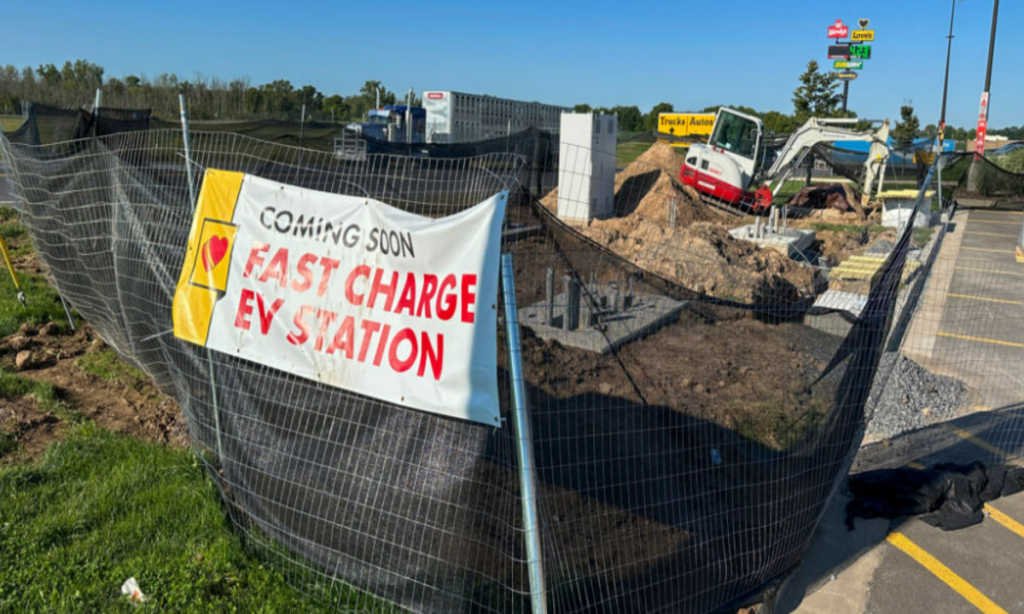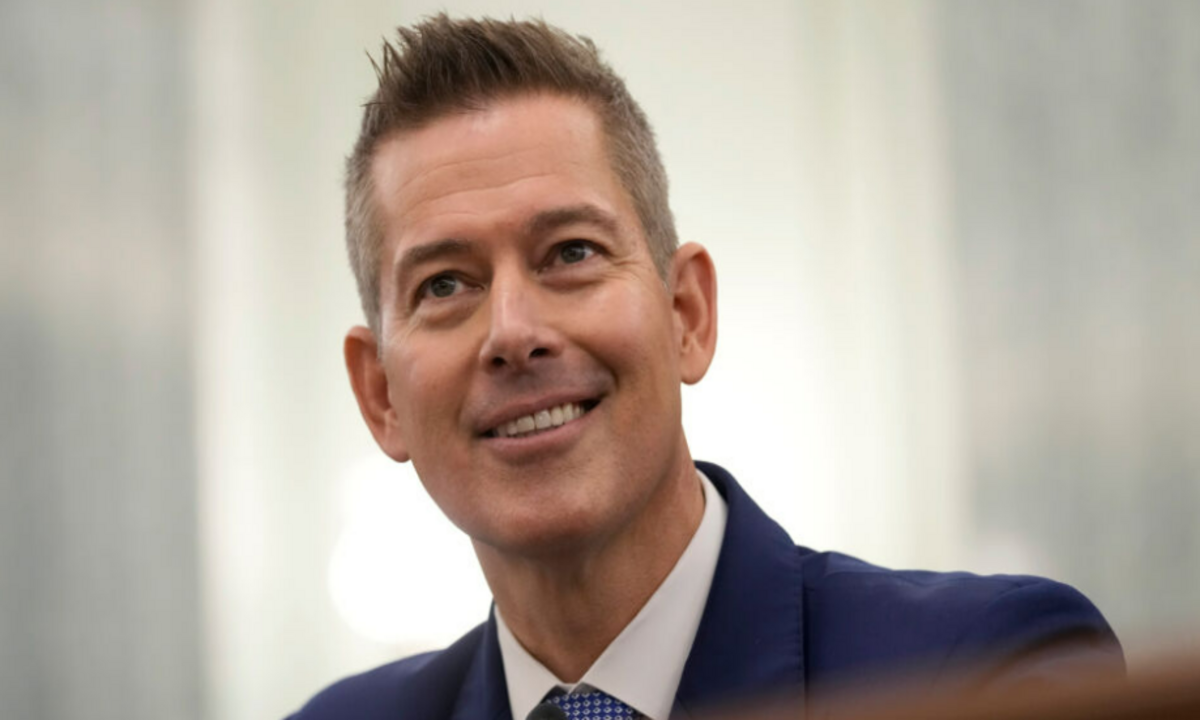Washington, D.C. – The Trump administration has halted the National Electric Vehicle Infrastructure (NEVI) program, a $5 billion initiative designed to expand electric vehicle (EV) charging stations across the United States.
The decision has sparked widespread concerns among environmentalists, the automotive industry, and state governments, as it could hinder the growing adoption of electric vehicles and slow progress toward reducing carbon emissions.
Background of the NEVI Program
The NEVI program was part of the 2021 Infrastructure Investment and Jobs Act, which aimed to support the transition to electric vehicles by addressing the issue of “range anxiety.” The program provided funding for states to build fast-charging stations along major highways, enabling EV drivers to recharge their vehicles quickly during long-distance travel.
Each state was required to submit a plan outlining how they would use their allocated funds, with approval from the Federal Highway Administration (FHWA). New Jersey, for example, was set to receive $104 million over five years, and its plan was approved in 2023. The first contract, valued at $20.9 million, was awarded in December 2024 to construct 76 charging stations across 19 locations in the state.

Trump Administration’s Directive
On February 6, 2025, the FHWA issued a memo notifying state transportation departments that all existing approvals for NEVI projects were rescinded. The agency cited the need to reevaluate the criteria for funding allocation and stated that new guidelines would be announced in the spring.
According to the memo, the revised approval process will align with a directive from Sean Duffy, Trump’s Secretary of Transportation, shifting the focus away from climate change and toward “serving communities with marriage and birth rates higher than the national average.” Critics argue that this change could disproportionately benefit wealthier, predominantly white areas while neglecting urban and lower-income regions.
Legal Challenges and Political Reactions
The legality of the funding freeze remains uncertain. New Jersey Attorney General Matt Platkin has stated that his office is reviewing the administration’s actions, and several lawsuits challenging Trump’s executive orders on federal funding have already been filed.
Rep. Frank Pallone (D-NJ), a key advocate for the original NEVI program, called the move “obviously illegal” and accused the administration of deliberately trying to stall EV adoption. “People are buying electric vehicles because they don’t want to spend money on gasoline. These charging stations are essential infrastructure,” Pallone said. “The Trump administration is saying we don’t want you to buy electric vehicles. We don’t want you to save money on gas.”
In a letter to Secretary Duffy, dozens of House Democrats urged the Department of Transportation to reverse the decision, emphasizing that the funding was approved through bipartisan legislation and that halting the program undermines congressional authority.
Impact on EV Expansion and Infrastructure
The freeze comes at a critical time for electric vehicle adoption. New Jersey alone has registered over 200,000 EVs and plug-in hybrids as of December 2024, a dramatic increase from fewer than 100,000 in 2020. However, the state currently has only about 230 publicly accessible fast chargers, a number far below what is needed to support its EV population.
“The demand for electric vehicles is growing, but the charging infrastructure isn’t keeping up,” said Doug O’Malley, president of ChargEVC-NJ. “This decision by the Trump administration is a huge step backward.”
The halt in NEVI funding could discourage new EV purchases, as potential buyers worry about access to charging stations. Industry experts also warn that without government investment, the private sector may not be able to build the necessary infrastructure quickly enough.
Potential Solutions and State-Level Responses
Some states are looking for alternative funding sources to continue expanding EV infrastructure. New York recently announced a $60 million loan through its Green Bank to build 267 new fast chargers by 2027. In New Jersey, policymakers are considering using revenue from the Regional Greenhouse Gas Initiative (RGGI) auctions to fund additional charging stations.
“The state should not rely entirely on federal funding,” O’Malley said. “We need to be prepared to fill the gap if necessary.”
Governor Phil Murphy’s administration has not yet confirmed whether New Jersey will seek state funds to replace the frozen NEVI money.
The Trump administration’s decision to freeze funding for EV charging stations has led to significant controversy and potential legal battles. While supporters of the move argue for a shift in funding priorities, opponents see it as a politically motivated attack on clean energy progress. As the situation unfolds, state governments, environmental advocates, and industry leaders are scrambling to find solutions to ensure the continued growth of the electric vehicle market and the charging infrastructure needed to support it.
Disclaimer—Our team has checked this article to ensure its accuracy and eliminate any misinformation. We are committed to providing clear and reliable information for our readers.


